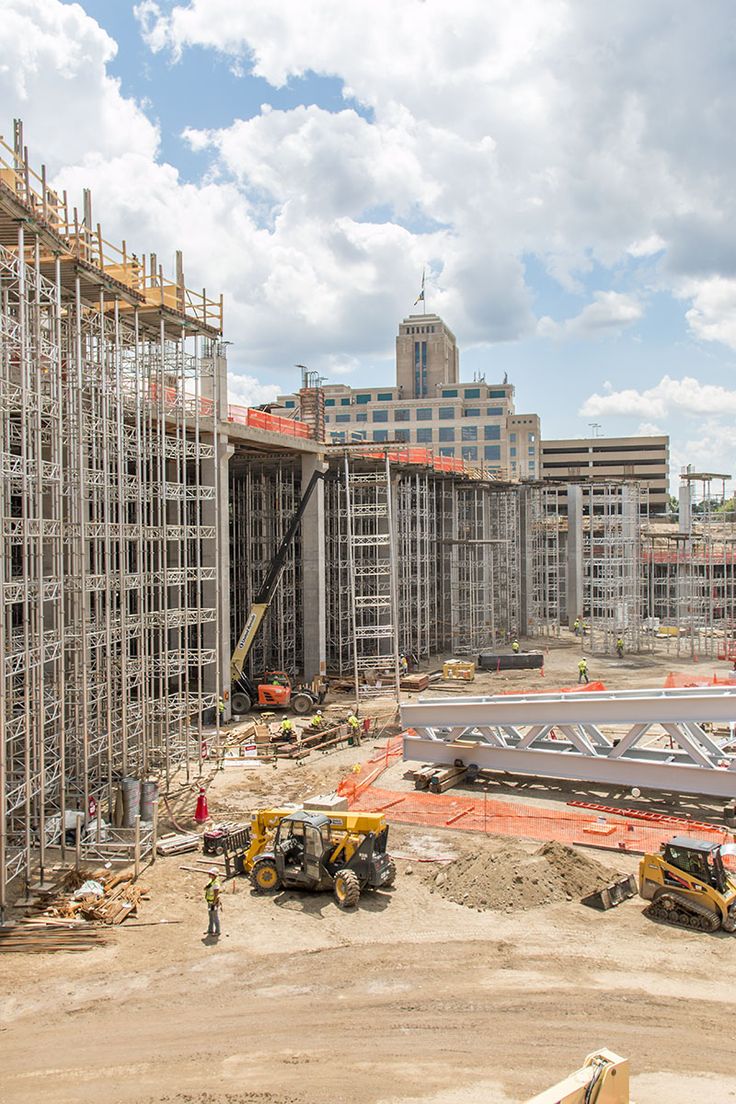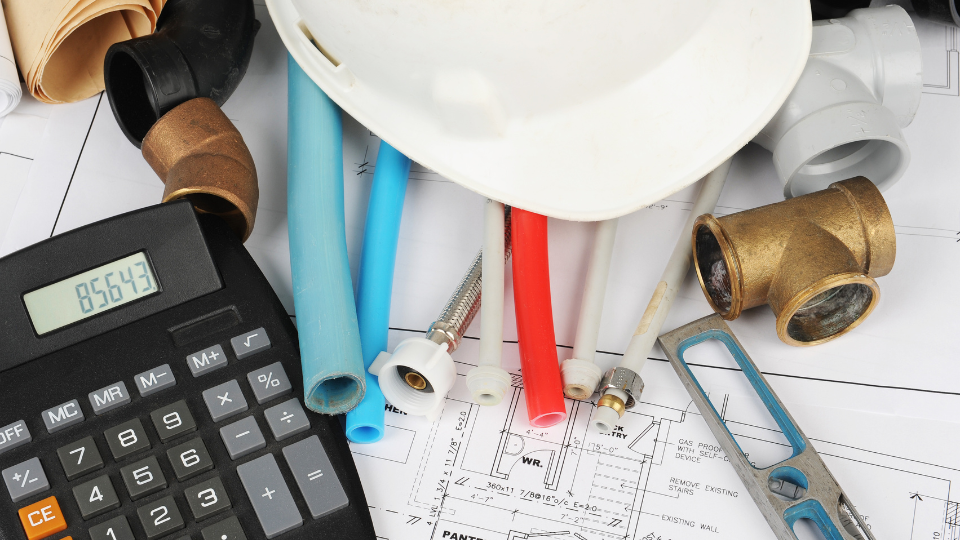Purchasing a home for the first time is a significant milestone in anyone’s life. The process, however, can be daunting and overwhelming, especially for those unfamiliar with the intricacies of the real estate market. This is where the first home buyer program comes into play. Designed to simplify the home-buying process, these programs offer a range of benefits and support to help first-time buyers achieve their dream of homeownership. This article will delve into the various aspects of the first home buyer program, providing valuable information and insights for those considering taking their first step onto the property ladder.
Understanding the First Home Buyer Program
What is a First Home Buyer Program?
A first home buyer program is a government or lender-sponsored initiative designed to assist first-time homebuyers in purchasing their first property. These programs typically offer financial incentives, tax breaks, and other forms of assistance to reduce the financial burden of buying a home. The main goal is to make homeownership more accessible and affordable for individuals and families who may otherwise struggle to enter the housing market.
Why is it Important?
The first home buyer program is crucial because it provides a pathway to homeownership for those who may not have the financial means to purchase a home on their own. With rising property prices and the increasing cost of living, many potential homeowners find it challenging to save for a down payment or secure a mortgage. These programs can bridge the gap, offering much-needed support and making the dream of owning a home a reality.
Types of First Home Buyer Programs
Government-Sponsored Programs
Government-sponsored first home buyer programs are among the most common and widely used. These programs are typically offered at the federal, state, or local levels and provide various forms of financial assistance, such as grants, tax credits, and down payment assistance.
- Federal Housing Administration (FHA) Loans: FHA loans are a popular option for first-time homebuyers. These loans are backed by the government and offer lower down payment requirements and more lenient credit score criteria. This makes them an attractive option for those who may not qualify for conventional loans.
- Veterans Affairs (VA) Loans: Available to eligible veterans, active-duty service members, and certain members of the National Guard and Reserves, VA loans offer competitive interest rates and do not require a down payment. This makes homeownership more accessible for those who have served their country.
- USDA Loans: The United States Department of Agriculture (USDA) offers loans for homebuyers in rural and suburban areas. These loans require no down payment and offer low-interest rates, making them an excellent option for those looking to purchase a home in less populated areas.
- State and Local Programs: Many states and local governments offer first home buyer programs tailored to the needs of their residents. These programs may include down payment assistance, tax credits, and low-interest loans. It’s essential to research the specific programs available in your area to take full advantage of these opportunities.
Lender-Sponsored Programs
In addition to government-sponsored initiatives, many lenders offer first home buyer programs with various incentives and benefits. These programs may include reduced interest rates, low down payment options, and flexible underwriting criteria.
- First-Time Homebuyer Mortgages: Some lenders offer specialized mortgage products designed specifically for first-time homebuyers. These mortgages often come with lower interest rates, reduced private mortgage insurance (PMI) requirements, and other perks.
- Down Payment Assistance Programs: Many lenders partner with state and local governments to offer down payment assistance programs. These programs provide grants or low-interest loans to help cover the down payment and closing costs, making it easier for first-time buyers to afford a home.
- Closing Cost Assistance: Some lenders offer programs that assist with closing costs, which can be a significant expense for first-time buyers. These programs may cover a portion of the closing costs or provide credits that can be applied toward these expenses.
Benefits of First Home Buyer Programs
Financial Assistance
One of the most significant benefits of a first home buyer program is the financial assistance it provides. Whether through grants, tax credits, or low-interest loans, these programs can significantly reduce the upfront costs associated with buying a home. This financial support can make homeownership more accessible for those who may not have the savings or income to purchase a home outright.
Lower Interest Rates
Many first home buyer programs offer lower interest rates than traditional mortgage products. This can result in substantial savings over the life of the loan, making homeownership more affordable in the long term. Lower interest rates also mean lower monthly mortgage payments, freeing up more money for other expenses.
Reduced Down Payment Requirements
Saving for a down payment is one of the most significant barriers to homeownership. Fortunately, many first home buyer programs offer reduced down payment requirements, making it easier for buyers to purchase a home. Some programs even offer no down payment options, eliminating this obstacle.
Easier Qualification Requirements
Traditional mortgages often have strict qualification criteria, including high credit scores and substantial income requirements. However, first home buyer programs typically have more lenient qualification requirements, making it easier for first-time buyers to secure a mortgage. This inclusivity allows more people to achieve homeownership, regardless of their financial background.
How to Qualify for a First Home Buyer Program
Eligibility Criteria
While first home buyer programs offer numerous benefits, not everyone qualifies. It’s essential to understand and check the eligibility criteria before applying for one of these programs. The requirements vary depending on the specific program, but common eligibility criteria include:
- First-Time Homebuyer Status: To qualify for most first home buyer programs, you must be a first-time homebuyer. This typically means you haven’t owned a home in the past three years. However, some programs may have more lenient definitions, so it’s essential to check the specific program’s requirements.
- Income Limits: Many programs have income limits to ensure that assistance is directed toward those who need it most. These limits vary by program and location, so it’s crucial to research the specific income requirements for the program you’re interested in.
- Credit Score Requirements: While first home buyer programs often have more lenient credit score requirements than traditional mortgages, there are still minimum credit score thresholds that applicants must meet. It’s essential to check your credit score and understand the requirements of the program you’re applying for.
- Property Requirements: Some programs have specific property requirements, such as location, price limits, or property type. It’s important to ensure that the home you intend to purchase meets these criteria before applying for the program.
Application Process
The application process for a first home buyer program can vary depending on the specific program and lender. However, there are general steps that most applicants will need to follow:
- Research Programs: The first step in the application process is to research the various first home buyer programs available in your area. This will help you identify the programs that best suit your needs and eligibility.
- Pre-Approval: Before applying for a specific program, it’s often recommended to get pre-approved for a mortgage. This will give you an idea of how much you can afford and demonstrate to sellers that you are a serious buyer.
- Submit Application: Once you’ve identified a program that meets your needs, you’ll need to submit an application. This typically involves providing documentation such as income statements, credit reports, and proof of first-time homebuyer status.
- Approval and Closing: If your application is approved, you’ll move on to the closing process. This involves finalizing the mortgage, signing the necessary paperwork,
- and officially becoming a homeowner.
Common Misconceptions about First Home Buyer Programs
Misconception 1: It’s Only for Low-Income Buyers
One of the most common misconceptions about first home buyer programs is that they are only for low-income buyers. While many programs do have income limits, they are often set higher than expected, allowing a broader range of individuals to qualify. Additionally, some programs are specifically designed for moderate-income buyers or those purchasing in certain areas.
Misconception 2: It’s Too Complicated
Another misconception is that the process of applying for a first home buyer program is too complicated and not worth the effort. While it’s true that there are steps involved in the application process, the benefits of these programs often outweigh the challenges. By taking the time to research and apply, buyers can access financial assistance and other perks that can make homeownership more achievable.
Misconception 3: You Need Perfect Credit
Many potential homebuyers believe that they need a perfect credit score to qualify for a first home buyer program. However, these programs often have more lenient credit requirements than traditional mortgages. While a higher credit score may improve your chances of qualifying and securing better terms, it is not always necessary.
Tips for Maximizing the Benefits of a First Home Buyer Program
- Start Saving Early
Even with the financial assistance provided by first home buyer programs, it’s essential to start saving as early as possible. Having additional savings can help cover unexpected expenses, such as repairs or moving costs, and provide a financial cushion in the early stages of homeownership.
- Improve Your Credit Score
While first home buyer programs may have more lenient credit requirements, improving your credit score can still be beneficial. A higher credit score can help you qualify for better mortgage terms, such as lower interest rates, which can save you money over the life of the loan.
- Work with a Knowledgeable Realtor
Working with a realtor who is experienced in first-time homebuyer transactions can be invaluable. They can guide you through the process, help you find properties that meet the program’s requirements, and negotiate on your behalf to secure the best deal.
- Take Advantage of All Available Programs
Many first-time homebuyers are unaware that they can combine multiple first home buyer programs to maximize their benefits. For example, you may be able to use a state-sponsored down payment assistance program in conjunction with a federal loan program to reduce your upfront costs even further.
Challenges and Considerations
- Limited Availability
One of the challenges of first home buyer programs is that they may have limited availability, either in terms of funding or geographic reach. It’s essential to apply as early as possible and to have alternative options in mind if your preferred program is not available.
- Property Restrictions
Some first home buyer programs come with restrictions on the type of property you can purchase. For example, certain programs may only apply to primary residences or properties within specific price ranges. It’s crucial to ensure that the property you’re interested in meets the program’s criteria.
- Ongoing Costs
While first home buyer programs can reduce the upfront costs of purchasing a home, it’s important to remember that homeownership comes with ongoing expenses. Property taxes, maintenance, insurance, and utility bills are just a few of the costs you’ll need to budget for. It’s essential to plan for these expenses to avoid financial strain down the line.
The Role of Dream Home Mortgage
In the journey of securing a home through a first home buyer program, partnering with a reliable mortgage provider is crucial. Dream Home Mortgage is one of the top service providers in the USA, offering comprehensive assistance that covers all aspects of the first home buyer program. Their expertise and commitment to customer satisfaction make them an ideal partner for anyone looking to make their dream of homeownership a reality.
Conclusion
The first home buyer program is an invaluable resource for those looking to purchase their first home. With various options available, from government-sponsored initiatives to lender-specific programs, aspiring homeowners have a range of tools at their disposal to make the process more manageable and affordable. By understanding the different types of programs, the benefits they offer, and the steps involved in the application process, first-time buyers can navigate the journey to homeownership with confidence.
Taking advantage of these programs requires careful planning, research, and a commitment to understanding the process. However, with the right approach and the support of professionals like Dream Home Mortgage, first-time buyers can overcome the challenges and enjoy the rewards of owning their own home. Whether you’re just starting to think about buying a home or are ready to take the plunge, the first home buyer program can be the key to opening the door to your future.




